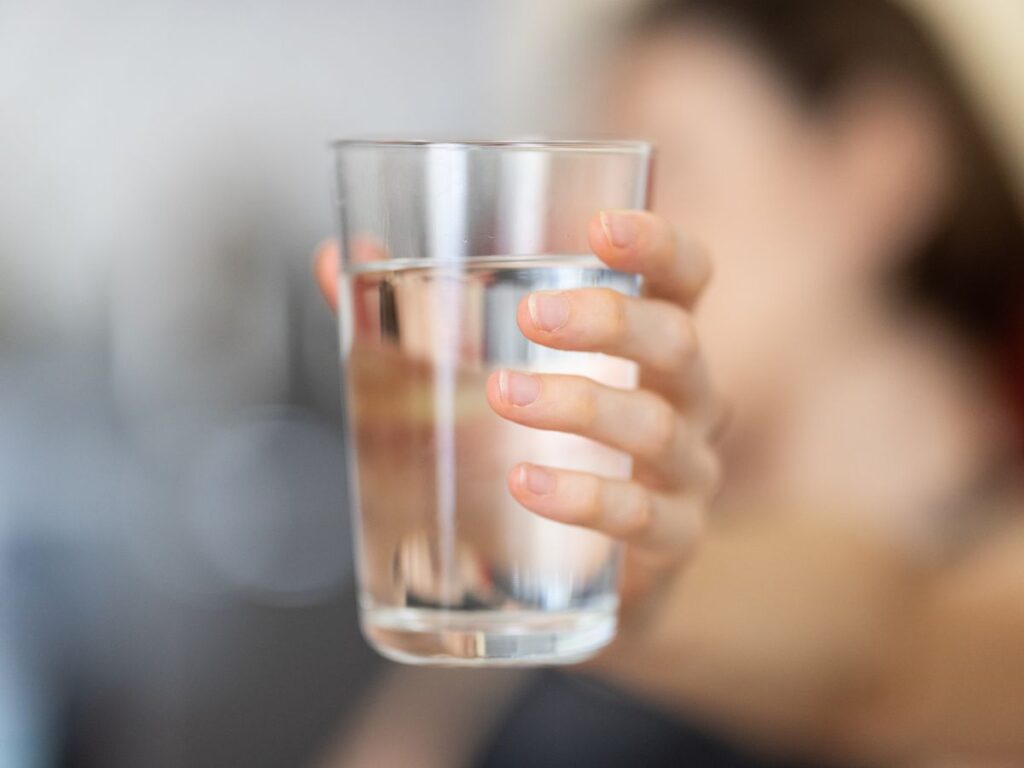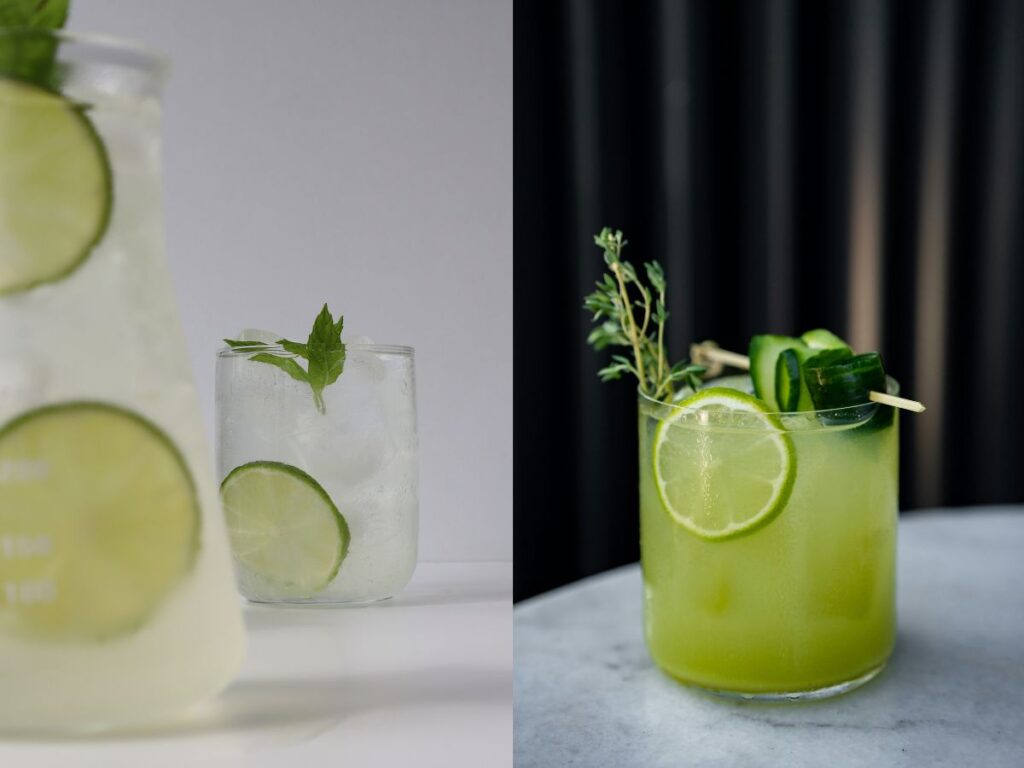Think You’re Drinking Water Right? These 7 Mistakes Could Do More Harm Than Good

Think You’re Drinking Water Right? These 7 Mistakes Could Do More Harm Than Good
Most people think drinking enough water is simple, but experts say the way you drink it matters as much as how much you drink. While water is essential for digestion, skin health, kidney function, and overall well-being, drinking it the wrong way can sometimes do more harm than good. From timing to posture, there are several common mistakes people make without even realizing.
Not Drinking Enough
The human body is mostly water, and every organ depends on it to function properly. Experts explain that not drinking enough can lead to dehydration, constipation, kidney stones, and dull skin. On average, women are advised to drink at least 11.5 cups of fluids per day, while men should aim for around 15.5 cups. Falling short of this amount regularly can affect your energy levels and digestion.

Drinking Too Fast
Many people drink a large amount of water in one go, hoping it will boost metabolism. But experts say this is not right. Drinking too much at once also puts extra pressure on the kidneys. Instead, health experts recommend sipping water slowly through the day, with no more than one liter in an hour.
Drinking Water Without Feeling Thirsty
One of the biggest myths is that everyone must drink two to three liters of water or at least eight to ten glasses daily. Experts point out that thirst is the body’s natural signal and should not be ignored. Forcing yourself to drink water when you are not thirsty can confuse the brain, making it harder to swallow. Studies suggest it can even affect digestion and, in rare cases, lead to hyponatremia, a condition caused by low sodium levels in the blood. Listening to your body and drinking only when thirsty is considered the safer approach.

Adding Fruit and Vegetables Without Care
Many people add lemon slices, cucumber, or other fruits to their water to make it refreshing. While this is harmless if done properly, experts warn that it can also carry the risk of foodborne illnesses like salmonella and E. coli. This happens when unwashed rinds are cut, transferring bacteria to the fruit inside, or when the same cutting board is used for raw meat. To avoid this, fruits and vegetables should always be washed or scrubbed under running water before use.
Drinking Water During Meals
Experts suggest avoiding water during meals because it can dilute digestive juices and enzymes. Drinking too much water while eating may slow down digestion, leading to acid reflux or bloating. The recommended practice is to drink water at least 30 minutes before eating or wait an hour after finishing a meal. A natural amount of liquid from foods like soups or buttermilk is usually enough to support digestion during meals.
Using Plastic Bottles With BPA
Many plastic water bottles are made with bisphenol A (BPA), a chemical that can seep into food and drinks. Research is still ongoing, but some studies link BPA to hormonal imbalance, high blood pressure, and even type 2 diabetes. Health experts advise using BPA-free bottles or switching to safer alternatives like glass or stainless steel.
Drinking Water While Standing
Another mistake experts point out is drinking water while standing. Studies suggest that in this position, water flows quickly down the system, giving the body less time to absorb it. This may also lead to impurities settling in the kidneys or bladder. Sitting while drinking water is considered better, as the body is more relaxed and able to absorb nutrients effectively.
Water is vital for life, but the way we consume it can impact health in surprising ways. Experts believe that paying attention to how much, when, and even the posture in which you drink can make a real difference.












